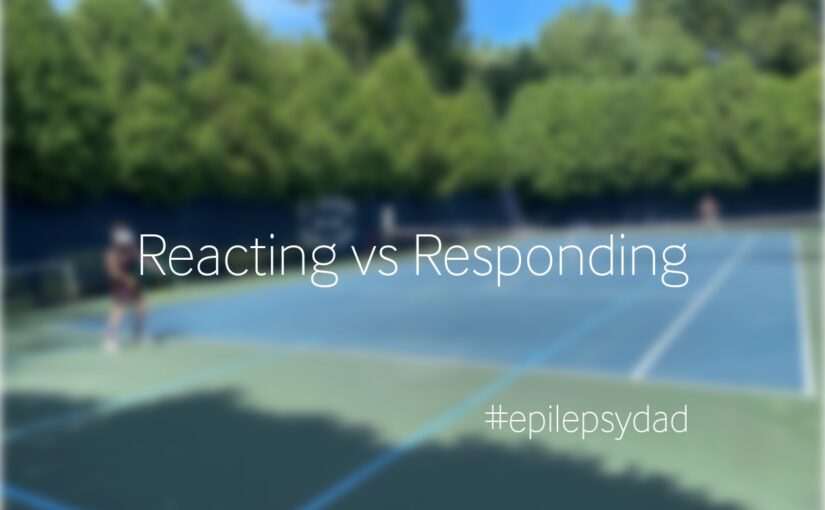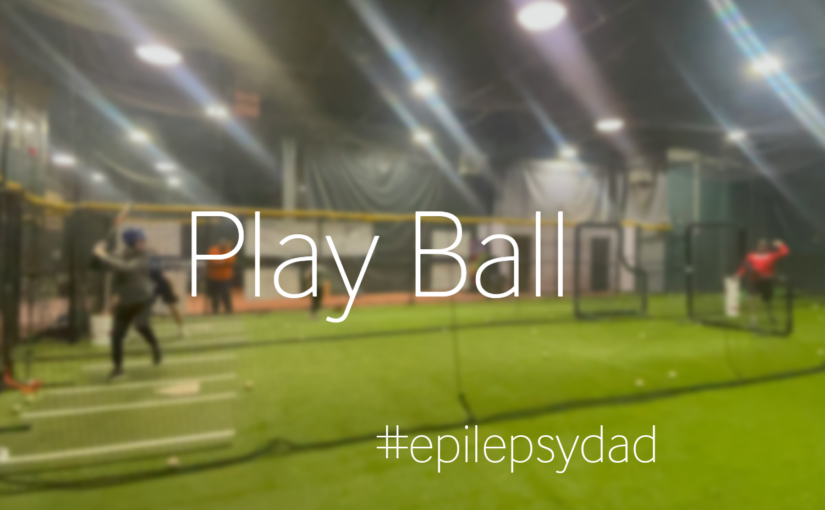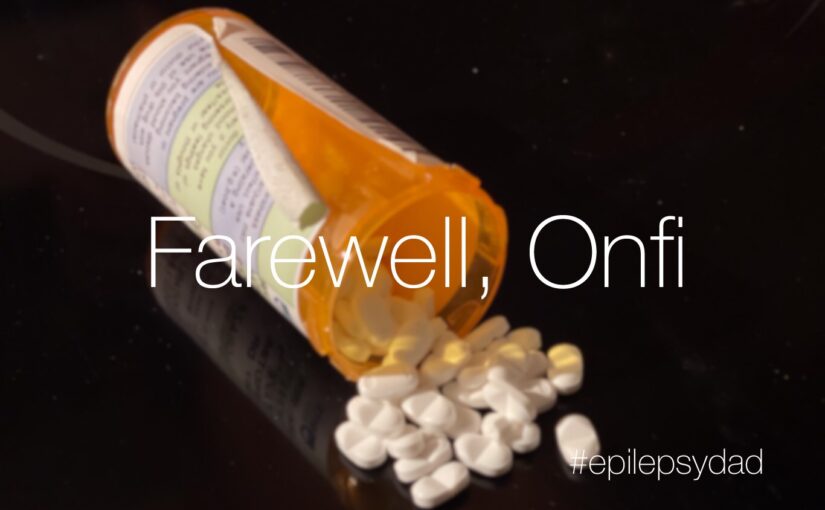Growing up in Florida, I played a lot of tennis. Even though I lived near one of the best tennis schools in the country, I never took any lessons. My friends and I would bring our rackets and a can of balls to an open court and play for hours.
I wasn’t the best player, but I was able to present a good challenge. My untrained backhand had a severe backspin, making it difficult for my opponents to reach. My serve was chaotic but fast, so it was hard to return in the rare instances when it went in. But the main reason why I was a tough opponent was that I was fast and could get to balls anywhere on the court.
I started playing more tennis when we moved to the suburbs a few years ago. At first, I took a few lessons and clinics, then leaned in and played a few hours a week. I’ve slowly progressed in my technique, but I still have speed. I can still react. But reacting is exhausting.
Reacting is instinctive. It’s fast. It’s unconscious. Reacting is about survival, but that can get me into trouble. I might keep the match going, only to put myself in a worse position than before. Reacting begets reacting, which, in tennis, means a lot of running around.
Responding is intentional. It’s slower, but that intention can create more space. Responding keeps the match going and aims to put me in a better position for the next shot. That looking ahead and control is more efficient and effective.
When our epilepsy journey first began, all we did was react.
Seizure. React. Status. React. Medications. React. Side effects. React. Ataxia. React. New seizures. React. New medications. React. New side effects. React.
There was no time to think, no time to plan, no time to be intentional. There was no space. Every time we reacted, we’d hit the ball back over the net only to have our opponent easily smash it back across the court and force us to rush to reach it. Our opponent was trying to win the match, and every desperate reaction we had was to keep our son alive.
This went on for years until his condition stabilized, and we could finally catch our breath. Initially, the feeling of not having to react was foreign and unsettling. We had been reacting for so long that I had forgotten there was another way, and I had no reference for what that other way looked like when it came to epilepsy and our son.
After a while, though, we began adjusting to this new way. The ability to introduce intention into our decision-making has given us the space to catch our breath and make choices that move us forward. Rather than sending him to a school that couldn’t accommodate him, we could take the time and find a school that was right for him. Rather than being afraid to schedule activities, we began living our lives.
That’s not to say that we don’t still react. Epilepsy is a crafty opponent that can catch us off guard and force us to scramble. But reacting is not the only thing we do, which makes a big difference.


